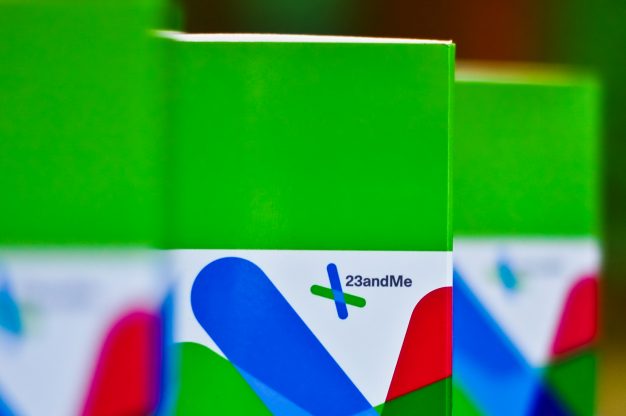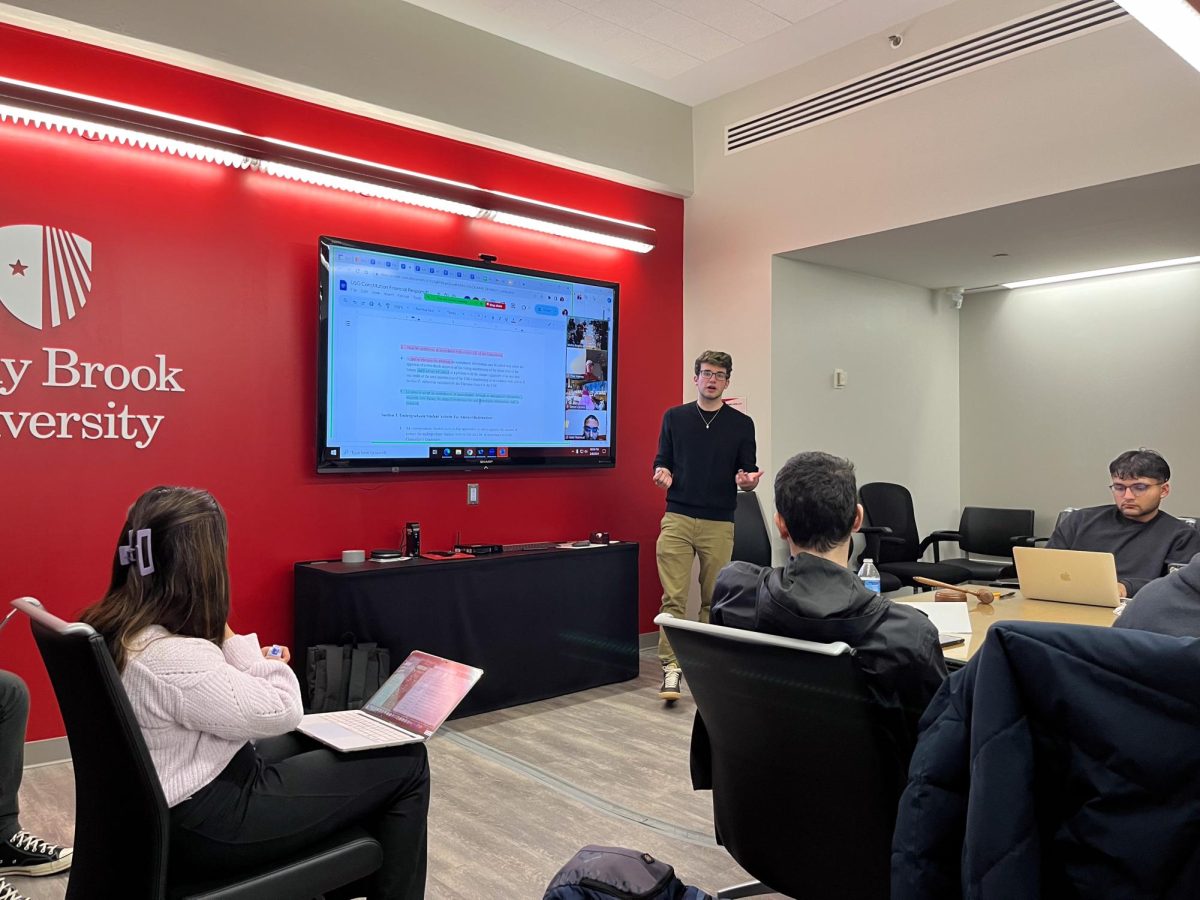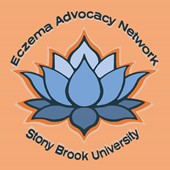
Matt Venezia is a junior biology major with a minor in writing
DNA testing is becoming an increasingly common phenomenon in healthcare today. It has allowed for a more personalized approach to healthcare, such as preemptive planning and treatment for those with genetic predispositions to certain diseases.
The process is fairly straightforward: a sample containing a person’s DNA is taken and sequencing is performed to determine the order of the bases in that person’s DNA. This information can give scientists clues as to the differences among genes in different people, some of which could be indicators of potential disease. Due to decreasing costs associated with DNA sequencing, this process is more available and reasonably-priced than ever before.
This increase in the availability of DNA testing has also allowed private companies such as 23andMe, which rely on DNA sequencing in their business models, to expand greatly in the services they provide. Today, nearly one in five Americans have analyzed their DNA to get clues about everything from their ethnicity to their genetic predisposition to disease through 23andMe or comparable competitors.
Recently, 23andMe announced a departure from solely focusing on DNA testing as a business model. Earlier this year, the CEO of the company, Anne Wojcicki, announced that 23andMe has begun to use their data collected from DNA testing to collaborate with pharmaceutical companies with hopes of creating cancer-fighting drugs.
This collaboration is extremely promising. 23andMe holds a vast repository of genetic data from nearly 11 million Americans which could easily be used by academic researchers and industry scientists to develop drugs and study diseases. If utilized properly, the research fueled by this genetic data could aid in curing or treating many diseases.
However, 23andMe is a corporation. The genetic data they collect is not publicly available, and any collaboration it engages in will be in the interest of its shareholders, meaning profit will come first.
When it comes to curing disease and utilizing genetic data for research, the data must always be publicly available to ensure that any researcher can benefit from it. The privatization of data, especially such a large and important genetic dataset as 23andMe’s, leads to far less access to important information, and as a result, fewer scientists using it. With few scientists using such a large dataset, much may be overlooked and alternative strategies of research and development could be missed.
If 23andMe wanted to truly make a positive impact on disease research, they would make their data publicly available so that anyone could utilize it, instead of solely collaborators.
An additional issue with 23andMe’s use of their DNA testing data is the fact that no individuals will be credited with the role their DNA sequence has played in developing potential cures to disease. In this case, only 23andMe, the owner of the sequence data, will be credited.
Overall, 23andMe’s collaboration with the pharmaceutical industry to research and fight diseases is extremely promising and may lead to the development of new drugs or cures. However, due to their privatization of data, the company restricts the ability of the research community to make significant progress outside of specific collaborations with the company.























